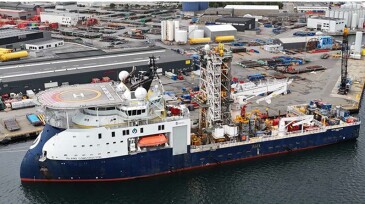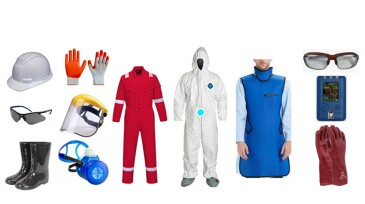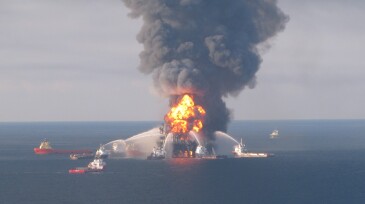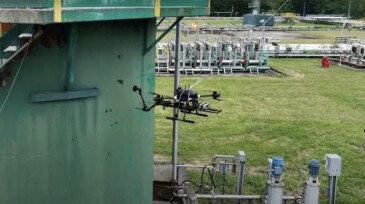Safety
The company said its frequency of serious incidents was down at the end of the year from its levels at the end of 2024.
This paper examines how real-time monitoring can improve both incident prevention and emergency response in the oil and gas industry. Drawing from real-world examples and case studies, it provides practical strategies for implementing this technology effectively.
This paper presents a novel application of artificial intelligence in computer vision for automating blowout-preventer pressure-chart-data extraction, demonstrating significant efficiency gains and a high return on investment.
-
This paper describes the use of coiled tubing in a pilot project for carbon dioxide injection, enabling evaluation of the conversion of an existing oil field for CCS purposes and derisking storage-development uncertainties before having to cease hydrocarbon production.
-
This paper describes the first riserless coiled tubing services operation performed in a live subsea well and the associated improvements in efficiency, cost savings, and safety.
-
This paper describes a case history in the UAE in which the cleanout of scale contaminated with naturally occurring radioactive material was conducted successfully.
-
This paper proposes a model for understanding safety culture maturity that can help an organization understand how engaged their employees are in safety and what potential barriers there may be to that engagement.
-
The National Institute for Occupational Safety and Health and its predecessor, the US Bureau of Mines, have significantly contributed to enhancing the safety of miners and to applying new technologies to the mining industry.
-
This paper looks in detail at the technical advances of new digital confined-spaces monitoring technology and how the technology maximizes worker safety and efficiency.
-
Real-time location systems have emerged as invaluable tools for enhancing safety and efficiency in the operations of oil and gas organizations. This paper investigates the various applications of the technology within the industry, highlighting its transformative effect on safety protocols and operational efficiency.
-
It has been 15 years since an explosion ripped through the Deepwater Horizon, an oil rig operating in the Gulf Coast region, triggering the worst oil spill to occur in US waters and one of the worst environmental disasters in US history. Is the offshore environment safer now than it was in 2010?
-
Commercial diver Chris Lemons will speak at this year’s conference for an exclusive keynote recounting one of the most extraordinary survival stories in the history of offshore operations.
-
A robotic arm, camera system, and virtual reality helped EniProgetti and University of Naples researchers overcome the major challenges of direct-contact nondestructive testing using a drone.













